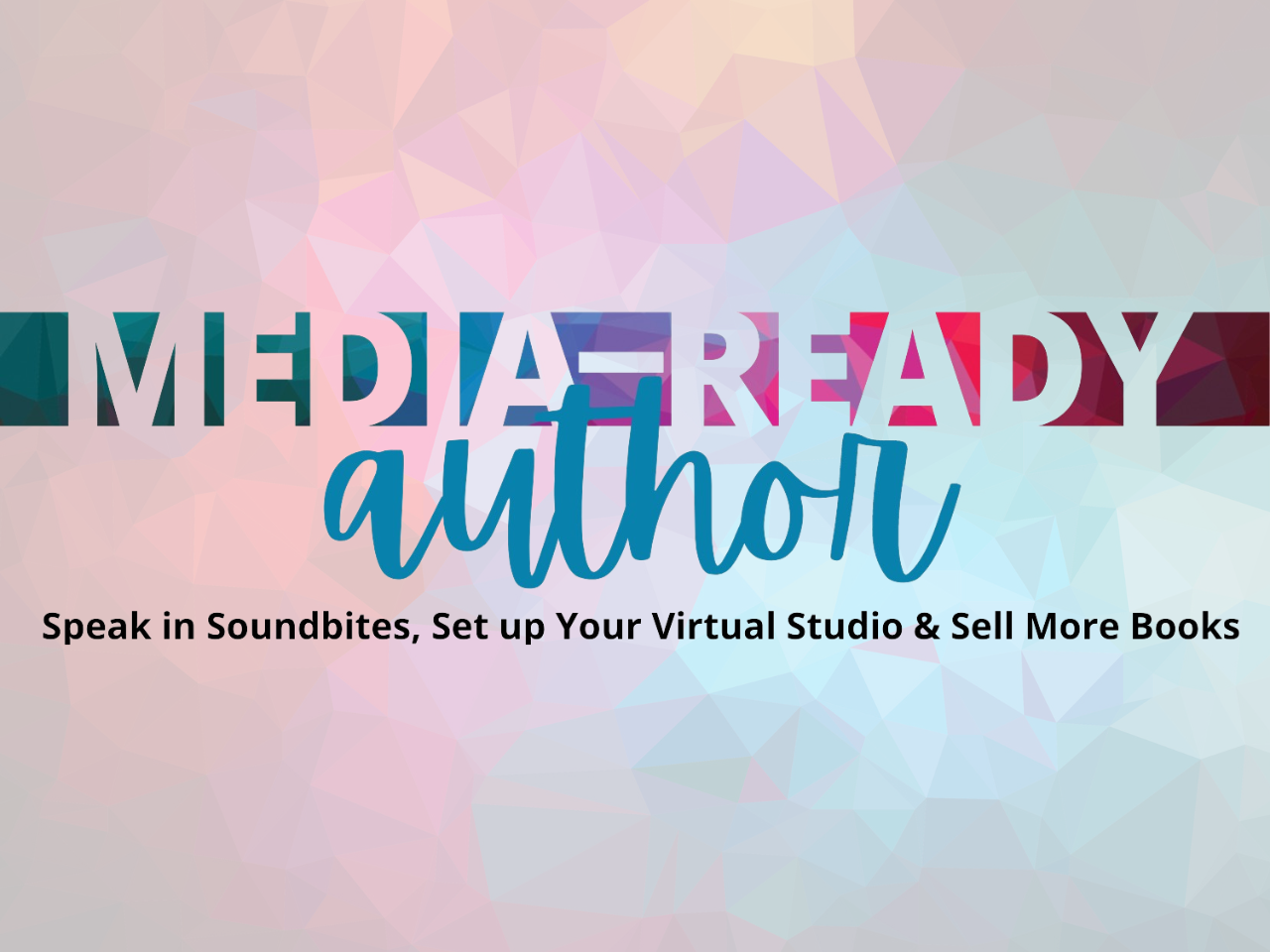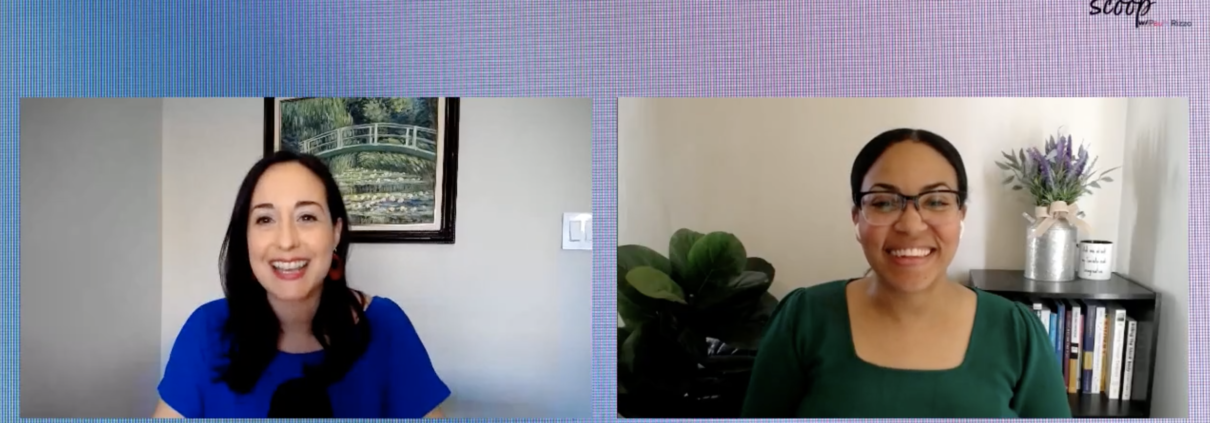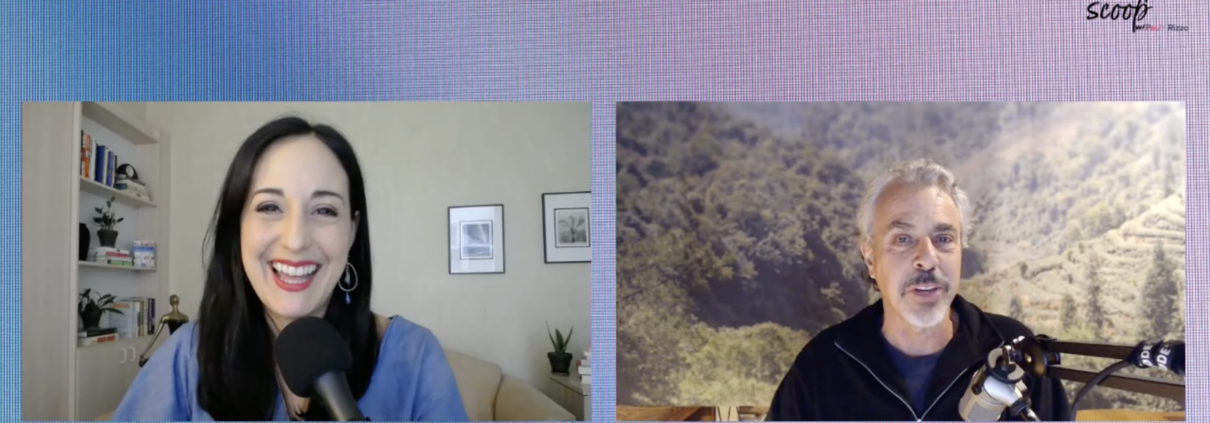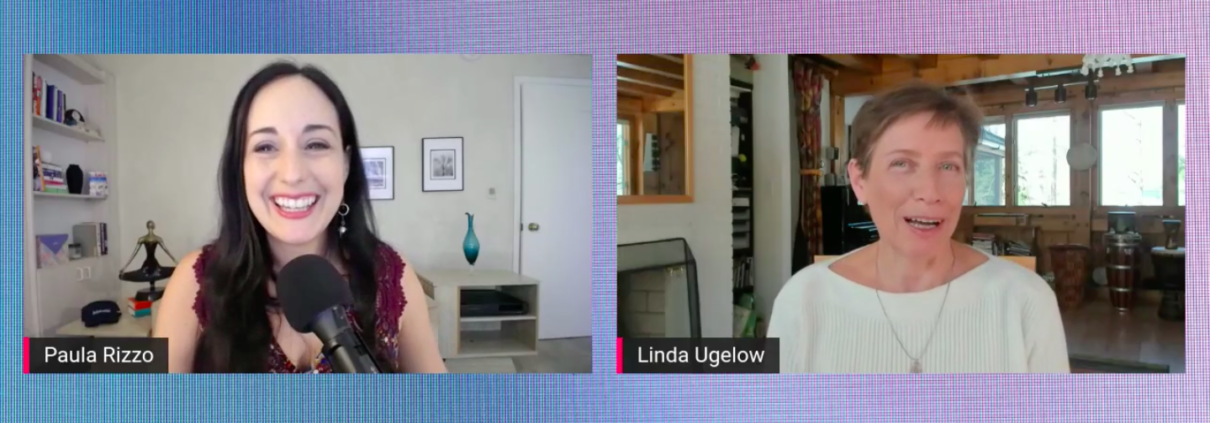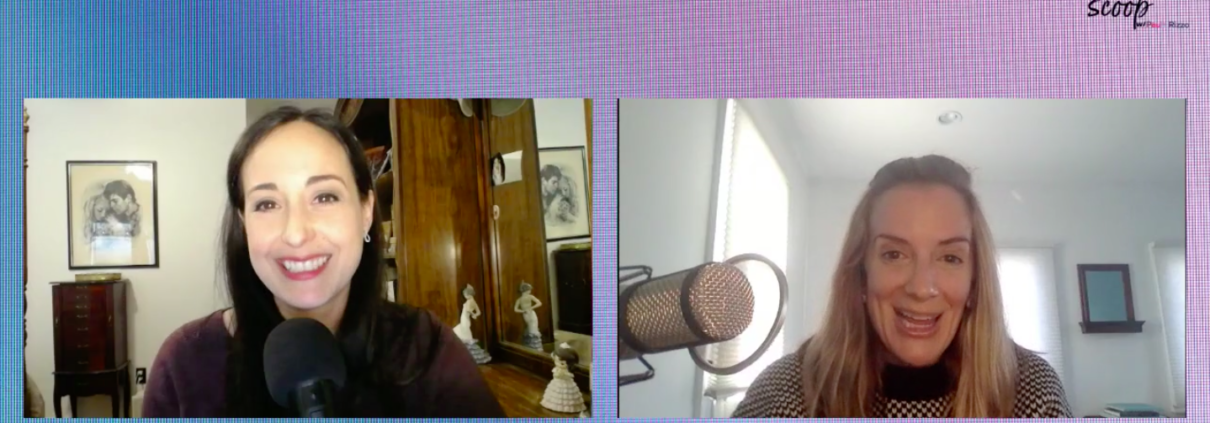___
BONUS FREEBIE: Your message deserves the media’s attention. So how do you get out there in a bigger way? I’ve got you covered. CLICK HERE to grab my free “Checklist to Become a Go-To Media Expert.”
___
If you’ve always wanted to be an author, your book launch will be one of the most exciting stages of the publishing process. Getting recognized for your work and connecting with your readers is so rewarding.
When you’re launching a new book, all of your strategy is focused around your book –the newness of it and the content. But what happens when the launch wraps and your new book is no longer new?
This is the stage when I meet many of my media-training clients. They’ve had a successful launch and they want to keep the momentum going.
I shared some of my best tips for authors dealing with this in my Writer’s Digest column. 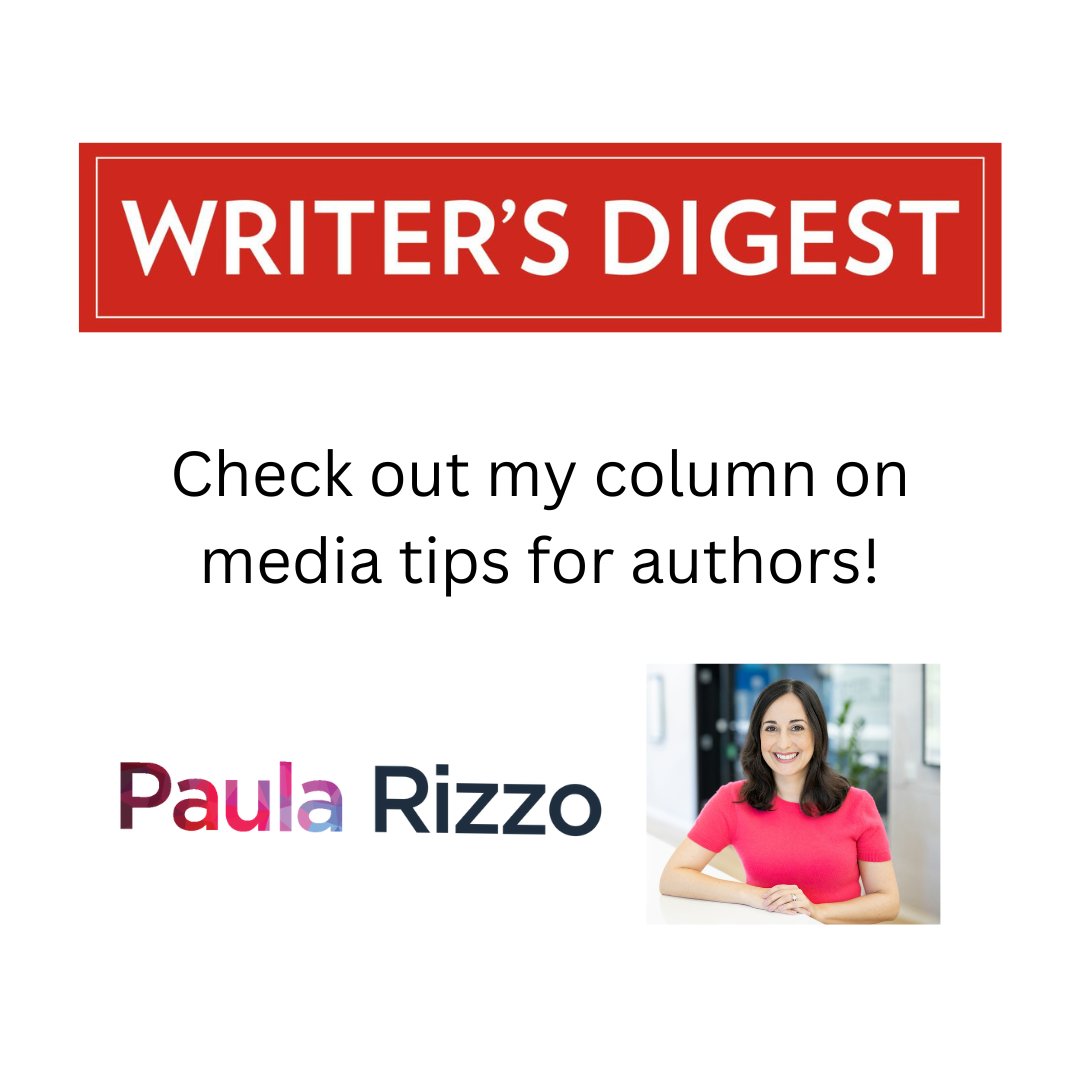
These are the same strategies I’ve used myself for years as an author of two books, Listful Thinking and Listful Living!
1. It’s not (just) about the book anymore.
When you’re in the book launch phase, you’re really invested in the book itself. That’s only natural. It should be the focus of attention at this point! But once your book is a few months old, you have to shift your focus and start to consider how your book can support you as an author and expert — not how you can support your book!
This does not mean you shouldn’t talk about your book. Of course you should! You just need to find new ways of framing and contextualizing how you talk about your book. The attention needs to be on how your knowledge (and by extension, your book) can solve problems or shift people’s mindsets. This is something I talk you through in my free resource, 10 Questions Every Author Needs to Answer.
2. Keep in touch.
The relationships you build with journalists, reporters, and producers are some of the best resources for you as you consider your post-launch strategy. Thank you notes (paper ones — yep!) go a long way in demonstrating your appreciation.
These really do make an impact on fostering positive relationships between you and members of the media! You can then leverage those relationships to pitch again from a new angle.
___
3. Open yourself up.
You might be wondering what exactly you should pitch — how can you use your book as a jumping-off point that inspires the next stage of your media strategy?
Well, here’s a little secret: everything you talk about doesn’t have to be in the book.
In fact, it can actually be counterproductive to limit yourself to only things you covered in your book. You are an expert on a topic that includes what you talk about in your book. You can absolutely pitch on related areas within your expertise that didn’t fit into your book — and you should! This is essential to any sustainable media strategy.
___
BONUS FREEBIE: I have a resource for you that will help you prepare to talk with media and audiences. It’s the 10 Questions Every Author Needs to Answer. You can grab the fiction and nonfiction lists here.
___


